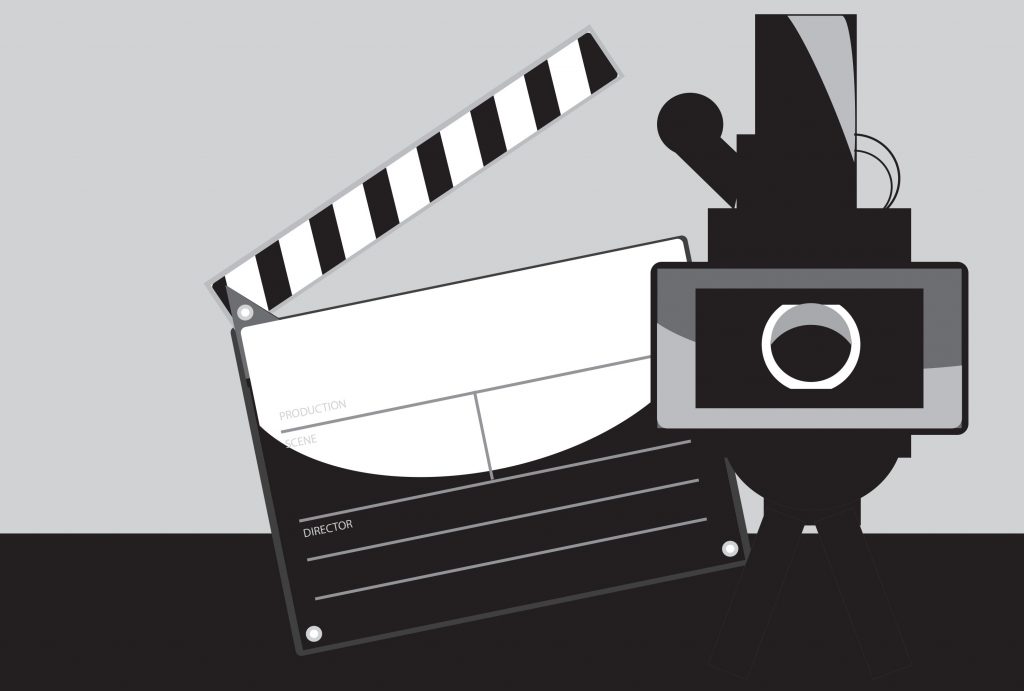
Success in the film industry, in the production or visual effects companies, is 80 percent preparation and 20 percent practicing for the interview, so it’s essential that you go in to the interview completely prepared. Be ready. Know what’s expected of you before you go. Why? Because if you want to be successful, you’ll have to control the process as much as possible, and the only way to do that is to have knowledge—and knowledge is control. Knowing the correct information is key to a successful interview.
There are two types of information you’ll want to get before you go to the interview. The first is about the production company or studio and the second is about the person who will be interviewing you.
If you’re reading the trades and you better be you should have a pretty good idea of what any given production is about and what any given studio is involved in at the moment. If you don’t know, make it your business to find out. Interviews are impressed when job applicants exhibit knowledge of the company because it means the applicant is serious and willing to put in the effort required to learn. If you can, talk to someone who is already on the inside. There’s nothing like knowing the right people to get a job. If it’s a production company that has come to your town to shoot and manager about anything in particular you should know.
If the interview is at a studio, there are two ways of getting this kind of information. The first is to use your network of contacts. If the interview was the result of a network contact, call the contact to thank him for helping you set up the interview and then ask for whatever he can tell you about the interviewer or the studio. If you know someone who works at the studio, ask her.
If and when you do find someone who can provide you with information, call as far in advance of the interview as possible. Make sure you’ve done your homework so your contact doesn’t have to give you the basic information that you should already have. At this point you’ll want to ask for specifics about the company and the individual who’ll be interviewing you. You might, for example, ask if there’s anything particular about the company’s culture that you should know. You should ask what kind of person the interviewer is, what he likes or dislikes, and if he has any hot buttons (either good or bad). Remember, the more information you have, the better prepared you’ll be. The better prepared you are, the more likely you’ll get the job.
Believe in Yourself
Remember that before you can convince an interviewer that you’re right for the job, you have to believe it yourself. If you don’t believe it, maybe you should be thinking about doing something else for a living. If you do, you have to make sure to communicate it. Those applicants who are reluctant to express confidence in their abilities are, generally speaking, the ones who get the rejection letters. While it’s important that you don’ appear to be overly confident, no one is going to sell you if you don’t sell yourself. Once you’ve sold the interviewer on you he or she will sell you on the position and the company, but not until then. So, don’t expect the interviewer to tell you why you’re right for the job. That’s what you should do.
